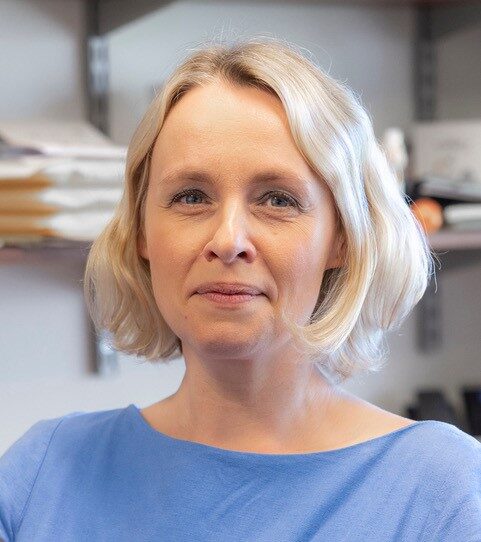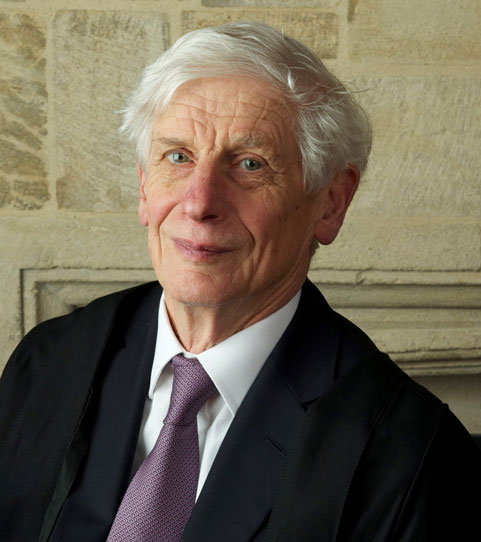Professor Dunkley discussed how using telescopes high in the Chilean desert tuned to measure millimetre-wavelength light can help answer questions about how fast space is growing, how space started to grow, and how much of the cosmos is made of invisible dark matter. By surveying half the sky every couple of days, Professor Dunkley and her research team hope to see new types of astronomical events in distant parts of the universe.
We were delighted to welcome Professor Thouless’s wife Margaret and daughter Helen to College, who sat in the audience with students, academics and staff from Trinity Hall and across the University.
The Thouless Natural Sciences Lecture is open to all and will be delivered every other year, next occurring in 2027.
The lecture also marks the beginning of the 2025 Trinity Hall Spotlights series, which this year focusses on ‘space’. It aims to bring insights into the latest research into cosmology and physics which is helping us understand more about what lies beyond Earth’s atmosphere. Through different academic perspectives, lectures and discussions, we aim to encourage excitement, awe, and greater understanding of these areas of knowledge, fascinating for their own sake and for how they help us reflect on our own place in the universe.
Beth Sufian and alumnus James Passamano (1998) kindly provided a gift to set up the Thouless Natural Sciences Lecture series.

